The Balkans is one of Europe’s most underrated and yet most captivating areas-is a treasure house of past wonders, breathtaking views, budget traveling, and diverse, rich cultures. From the Adriatic to the Black Sea, the Balkans are a region comprising several countries that offer Nigerians as well as Westerners a warm alternative to the usual European tourist circuit.
Unlike Paris or Rome, the Balkans are not commercialized, expensive, or congested. That is why they are ideal for those who want to experience real European charm without spending much money, with the added benefit of warm hospitality and relatively liberal visa policies for Nigerians.
In this ultimate guide, we will find the most fascinating places to go to in the Balkans, what to do there, what to eat, how to get around, visa regulations, accommodation tips, and what to expect especially if you are traveling from Nigeria or a Western state.
What Are the Balkans: Where Are You Off To?
The Balkan Peninsula includes:
- Albania
- Bosnia and Herzegovina
- Bulgaria
- Croatia
- Kosovo
- Montenegro
- North Macedonia
- Romania
- Serbia
- Slovenia
- Greek and Turkish areas (European sides)
For the sake of this guide, we’ll focus on the core Balkan countries that are often overlooked but are rich in travel appeal.
Why the Balkans?
For Nigerians:
- Affordable cost of living
- Relatively easier visa processes (especially in Serbia, Albania, and North Macedonia)
- Welcoming locals, often curious about Nigerians
- Educational and job opportunities in some countries
- Growing Nigerian diaspora in Romania, Bulgaria, and Albania
For Westerners:
- Off-the-beaten-track adventure
- Cheaper than Western Europe
- Untouched nature and historical depth
- Less touristy = more real
The Balkans
1. Albania: Rising Star
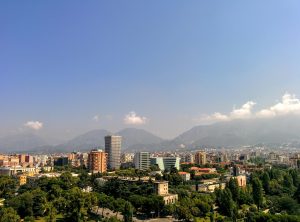
High Points:
- Tirana – Quirky capital with multicolored buildings, cafes, and Soviet-era architecture.
- Berat – Dubbed the “City of a Thousand Windows,” has Ottoman white-houses on hills.
- Sarandë and Ksamil – Breathtaking turquoise beaches facing the Greek island of Corfu.
- Gjirokastër – UNESCO World Heritage designation and a fairy-tale town of stone houses.
Food to Eat:
- Byrek (pastry of cheese or meat)
- Tave kosi (yogurt-boiled lamb)
- Fresh seafood at the Riviera
Albania is among countries which provide visa-free entry into a number of 90 days if you are holding a valid Schengen, US, or UK visa. Many Nigerians use this route as a point of entry into Europe.
2. Bosnia and Herzegovina: East Meets West
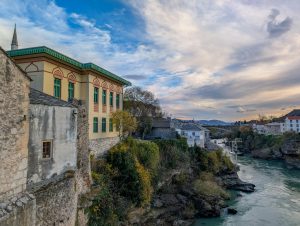
Top Places to Visit
- Sarajevo – A bittersweet combination of Ottoman, Austro-Hungarian, and Yugoslav past. Discover the Latin Bridge, Bašaršija bazaar, and Sarajevo Tunnel Museum.
- Mostar – Known for the Stari Most (Old Bridge), where fearless divers leap into the Neretva River.
- Blagaj – A mystical Dervish monastery built into a cliffside with a view overlooking a river spring.
What to Eat:
- Cevapi (grilled minced meat)
- Burek
- Bosnian coffee (like Turkish coffee)
Travel Tip
It’s Europe’s value-for-money country. Nigerians would need to approach the Bosnian embassy to apply for a visa.
3. Bulgaria: Castles, Coastal Bliss, Culture
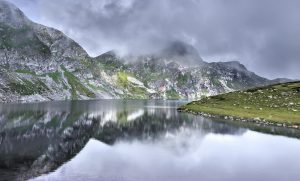
Best Top Highlights:
- Sofia – This lively capital combines Roman remains with Orthodox churches, cool cafes.
- Don’t miss Alexander Nevsky Cathedral.
- Plovdiv – A very old European city which is still quite well inhabited with a great old Roman amphitheatre.
- Veliko Tarnovo – A fairytale city with a fortress perched atop a river gorge.
- Bansko – A mountain resort town perfect for winter sports fans.
- Sunny Beach and Varna – Party and relax on the Black Sea coast.
What to Eat:
- Banitsa (cheese pastry)
- Shopska salad
- Kavarma (stew with vegetables and meat)
Visa Note:
You can get into Nigerians with a Bulgarian visa, but it is easy if you hold a valid Schengen visa. Westerners are allowed to enter visa-free for up to 90 days.
4. Croatia: Adriatic Jewel
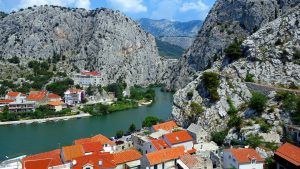
Top Things to Do:
- Dubrovnik – A stunning old walled town that was filmed in Game of Thrones. Tour the old town, walk around the walls, and take a cable car.
- Split – Palace of Diocletian and lively harbor.
- Plitvice Lakes National Park – A natural wonderland of waterfalls and turquoise lakes.
- Zagreb – Croatia’s charming inland capital with museums, street art, and coffee culture.
What to Eat:
- Black risotto
- Peka (slow-cooked meat and vegetables)
- Fresh Adriatic seafood
Travel Tips:
Croatia is now part of the Schengen Zone as of 2023, so Nigerians will need a Schengen visa.
5. Kosovo: The Newest Kid on the Block
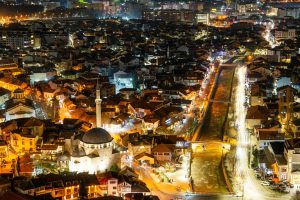
Top Places to Visit
- Pristina – A zany capital with a Bill Clinton statue and lively street life.
- Prizren – A pretty town with Ottoman-period buildings and a picturesque riverside old town.
- Germia Park and Rugova Canyon – Ideal for hiking and nature.
What to Eat:
- Flija (layered pastry)
- Sujuk (spicy sausage)
- Ajvar (pepper-based condiment)
Visa for Nigerians:
As of yet, visa access is restricted. It’s best to enter Kosovo via North Macedonia or Albania if permitted.
6. Montenegro: Pocket-Sized Paradise
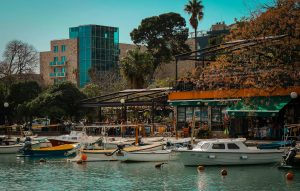
Top Places to Visit:
- Kotor – Medieval town nestled within fjord-like mountains.
- Budva – For beaches and nightlife.
- Durmitor National Park – For mountain hikes and the Tara River Canyon.
What to Eat:
- Njeguški pršut (smoked ham)
- Kaamak (cornmeal with cheese)
- Fresh grilled fish
Visa Info:
Nigerians need a visa, but valid multiple-entry Schengen/US/UK visas are respected for short visits by Montenegro.
7. North Macedonia: Europe’s Best-Kept Secret
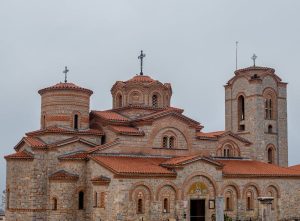
Top Places to Visit
- Skopje – An oddly wonderful city with statues and neoclassical facades everywhere.
- Ohrid – A UNESCO world heritage site on a peaceful lake, also known as the “Jerusalem of the Balkans”.
- Mavrovo National Park – Perfect for skiing and the great outdoors.
What to Eat:
- Tavce gravce (bean stew)
- Ajvar
- Pastrmajlija (meat-filled flatbread)
Travel Tips:
North Macedonia offers visa-free entry for Nigerians with valid Schengen, US, or UK visas.
8. Romania: Castles and Carpathians
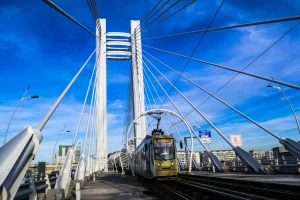
Top Places to Visit:
- Bucharest – A raw but vibrant capital. Visit the enormous Palace of the Parliament.
- Brasov – Gate to Dracula’s Castle (Bran Castle) and the Transylvanian Alps.
- Sibiu and Sighisoara – Fairytale medieval towns.
- Transfăgărășan Highway – One of the world’s most stunning drives.
What to Eat:
- Sarmale (stuffed cabbage rolls)
- Mămăligă (polenta)
- Mititei (grilled sausages)
Visa Tips:
Romania is not yet included in Schengen but honors valid multiple-entry Schengen visas for Nigerians.
9. Serbia: Grit and Grace
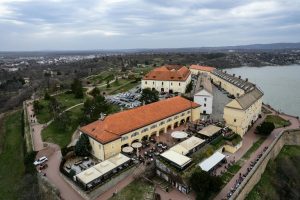
Top Things to See:
- Belgrade – Balkan party capital with floating clubs, historic forts, and vibrant café culture.
- Novi Sad – EXIT music festival and baroque streets to walk through.
- Niš – Birthplace of Constantine the Great with Roman ruins.
Food to Try:
- Pljeskavica (Serbian burger)
- Rakija (fruit brandy)
- Gibanica (cheese pie)
Visa Policy:
Serbia provides visa-free entry to Nigerians who hold a valid UK, US, or Schengen visa. Westerners do not require a visa.
10. Slovenia: The Green Gem
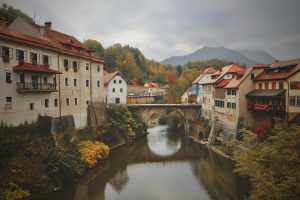
Top Things to Do:
- Ljubljana – A fairytale capital with dragons, bridges, and picture-postcard riverside cafes.
- Lake Bled – Slovenia’s postcard poster child with a church on an island.
- Triglav National Park – Spine-tingling alpine scenery and hill walking.
- Piran – Coastal gem with its Venetian architecture.
What to Eat:
- Kranjska klobasa (Carniolan sausage)
- Potica (nut roll)
- Bovec cheese
Visa Requirement:
Slovenia is in the Schengen Zone and thus Nigerians need a Schengen visa.
Transport Around the Balkans
- Buses: Reliable and cheap. FlixBus and local operators cover most routes.
- Trains: Less sophisticated but scenic in Romania, Serbia, and Bulgaria.
- Rental Cars: Cheap and ideal for flexible travel (mainly Albania, Bosnia, and Montenegro).
- Flights: Low-cost carriers like Wizz Air, Ryanair, and EasyJet connect major cities.
Where to Stay
- Hostels – From €7-15/night
- Budget Hotels – €20-40/night
- Airbnb – In most cities
- Guesthouses – In villages and old towns
- Lodges and Cabins – Suitable for mountain retreats
Safety and Cultural Tips
- The Balkans are quite safe, even for solo travelers.
- English is well spoken by the youth.
- Dress modestly in traditional rural towns.
- Be respectful of historical sensitivities (e.g., Yugoslav Wars).
- Pay in cash; cards won’t be accepted everywhere.
Visa Tips for Nigerians
- Try for a Schengen visa first—it provides access to many Balkan countries.
- A few countries allow visa-free entry for US/UK/Schengen visa holders.
- Collect proof of accommodation, return ticket, and travel insurance.
- Apply through the relevant embassy or visa center (VFS Global, TLS Contact).
Best Time to Visit
- Spring (April-June) – Pleasant weather, blooming nature.
- Summer (July-August) – Beach time but crowded in Croatia and Montenegro.
- Autumn (September-October) – Scenic color, fewer tourists.
- Winter (December-February) – Ideal to ski in Serbia, Romania, and Bulgaria.
Why the Balkans Should be on Your Bucket List
The Balkans deliver Europe’s magic without crowds and high prices. For Nigerians looking for fresh horizons, or Westerners seeking tough, unpretentious experiences, it is the destination that ticks all the boxes: affordability, nature, culture, and mystery.
Whether walking along the stone streets of Kotor, gazing at the castles of Transylvania, soaking in the waters of Ksamil, or sipping rakija in Belgrade—there is always something new around the corner.
So, grab your bags, sort out your visa, and get ready to discover the Balkans’ best-kept secrets. These nations might lack the glamour of Western Europe, but they more than compensate with their heart, heritage, and humanity.


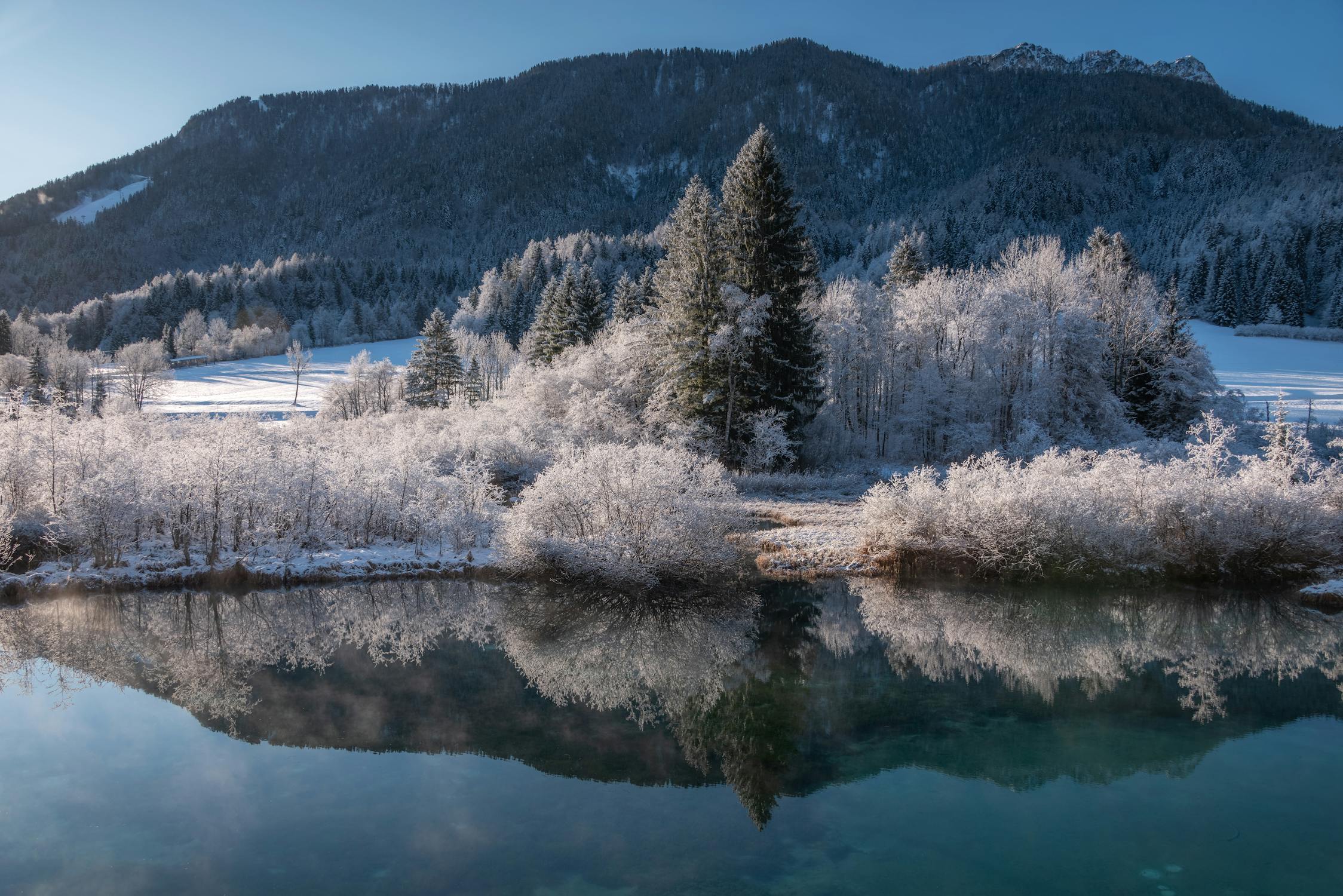
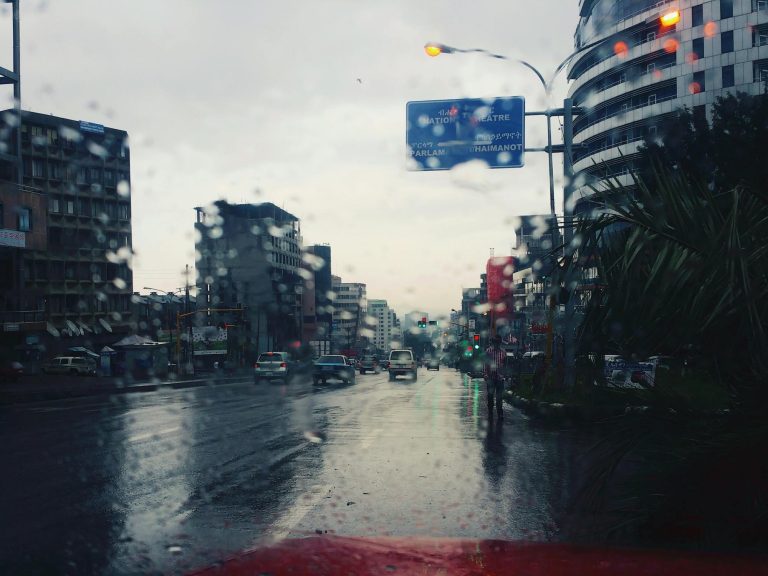

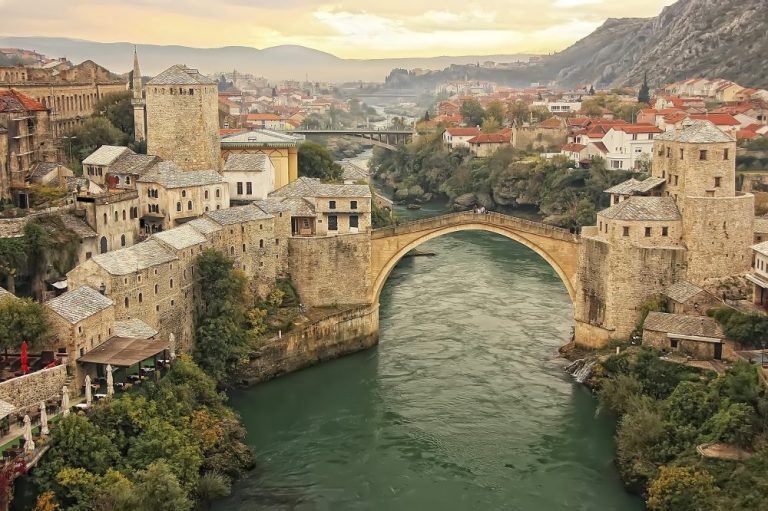
Leave a Comment